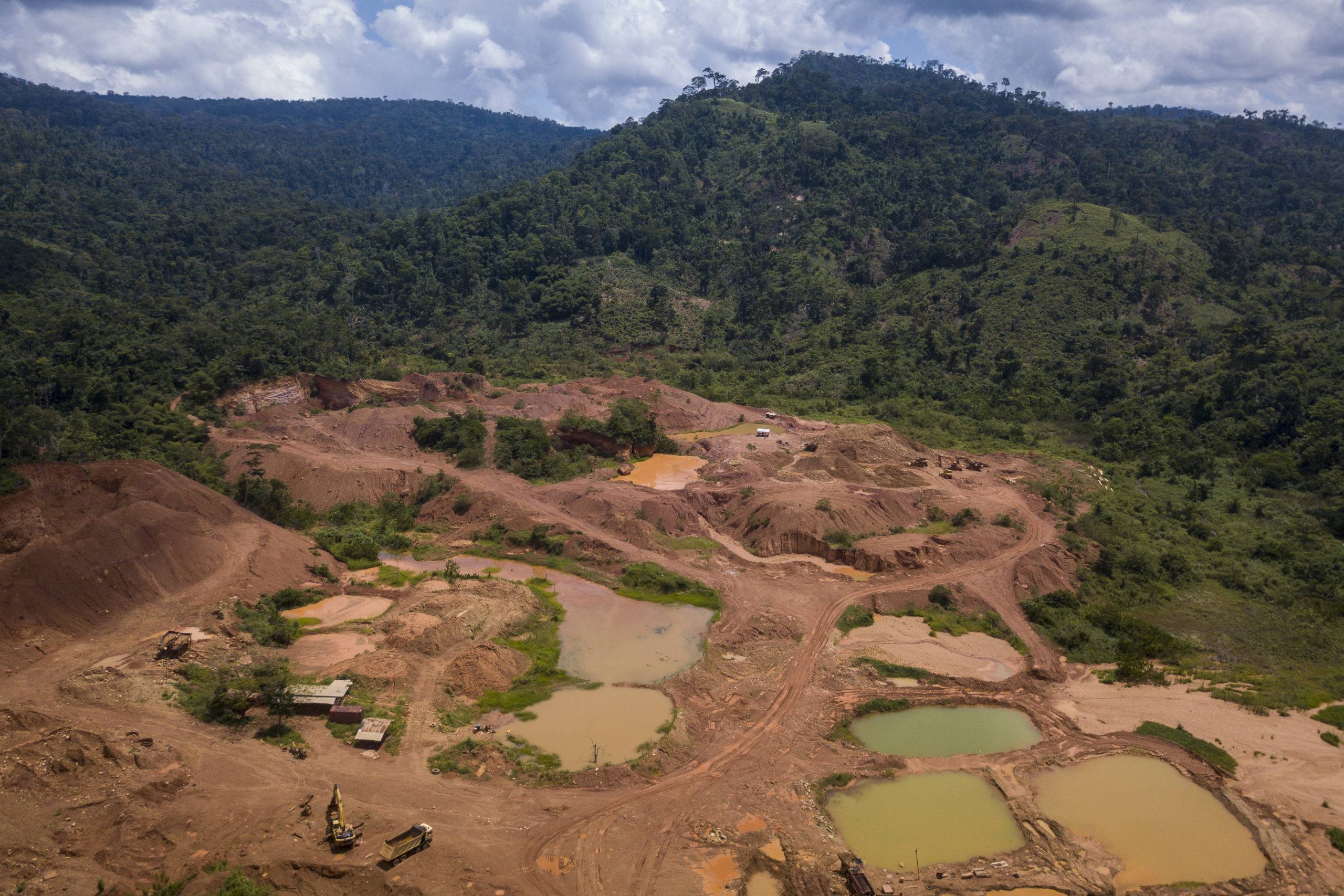Ghana, a country renowned for its rich gold deposits and mining history, is facing a critical environmental and social crisis due to the proliferation of illegal mining, commonly referred to as "galamsey." This clandestine industry has ravaged the country's landscape, polluted its waterways, and endangered the lives of millions. In this article, we will delve into the world of galamsey, exploring its history, consequences, and the efforts being made to combat this destructive practice.
History of Galamsey
Galamsey, derived from the Ghanaian phrase "gather them and sell," has its roots in the 1980s. Initially, small-scale mining was encouraged as a means of economic empowerment for local communities. However, the lack of regulation and oversight led to the exploitation of these small-scale miners by wealthy individuals and foreign companies. Over time, galamsey evolved into a vast, unregulated network of illegal mining operations.
Environmental Consequences
The environmental impact of galamsey is staggering. The use of mercury, cyanide, and other toxic chemicals has contaminated water sources, soil, and air. Rivers, once pristine and teeming with aquatic life, now flow with toxic effluent, threatening the livelihoods of fishing communities. Forests have been cleared, and fertile land laid waste, leaving communities vulnerable to landslides and erosion.
Water Pollution: Galamsey operations have turned Ghana's rivers into poisonous streams. The Birim, Pra, and Ankobra rivers, once vital sources of drinking water and irrigation, now contain alarming levels of mercury and cyanide.
Deforestation and Land Degradation: The destruction of forests and fertile land has led to soil erosion, landslides, and loss of biodiversity.
Air Pollution: The burning of fossil fuels and release of toxic gases have compromised air quality, posing respiratory risks to nearby communities.
Social Implications
Galamsey's social consequences are equally dire:
Displacement and Migration: Communities have been forcibly relocated, and traditional farming practices disrupted, leading to widespread poverty and migration.
Health Risks: Exposure to toxic chemicals has resulted in increased cases of respiratory diseases, skin conditions, and birth defects.
Child Labor: Thousands of children are engaged in hazardous galamsey work, denied access to education and basic human rights.
Economic Consequences
The economic costs of galamsey are substantial:
Loss of Revenue: The Ghanaian government loses millions in potential revenue due to unregulated mining.
Damage to Infrastructure: Galamsey operations have destroyed roads, bridges, and other critical infrastructure.
Undermining Legitimate Mining: Illicit mining undermines the legitimacy of Ghana's mining industry, discouraging foreign investment.
Efforts to Combat Galamsey
In response to the galamsey crisis, the Ghanaian government has implemented several measures:
Operation Vanguard: A joint military-police task force established to dismantle galamsey operations.
Mineral Commission Regulations: Stricter regulations and licensing requirements for small-scale miners.
Community Engagement: Educational initiatives aimed at raising awareness about the dangers of galamsey.
Challenges and Recommendations
Despite these efforts, challenges persist:
Lack of Resources: Insufficient funding and logistical support hinder law enforcement.
Corruption: Allegations of corruption among officials and security personnel undermine efforts.
Alternative Livelihoods: The absence of viable economic alternatives for galamsey operators.
To effectively combat galamsey, we recommend:
Increased Funding: Allocate resources to support law enforcement and community development.
Strengthened Regulations: Enhance regulatory frameworks and enforcement.
Sustainable Livelihoods: Provide alternative economic opportunities for affected communities.
Conclusion
Galamsey's devastating consequences threaten Ghana's environment, social fabric, and economic stability. The government, civil society, and international partners must collaborate to address this crisis. By supporting sustainable livelihoods, strengthening regulations, and enforcing the law, we can protect Ghana's natural resources and ensure a brighter future for its citizens.
By acknowledging the severity of galamsey's impact and working together to combat this destructive practice, we can restore Ghana's natural beauty, promote sustainable development, and safeguard the well-being of its people.




No comments yet
Be the first to share your thoughts!